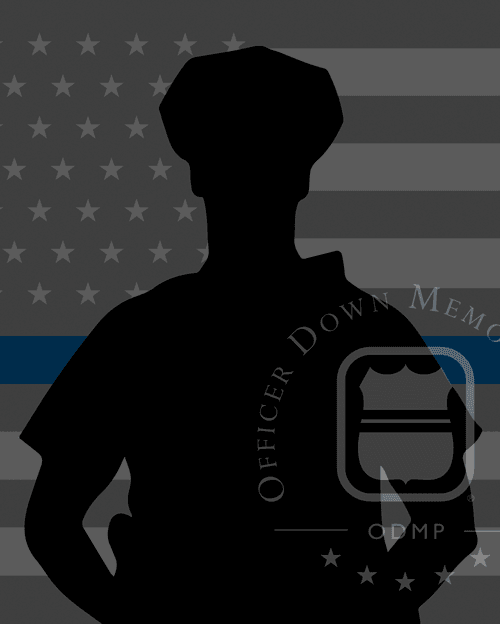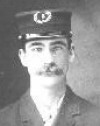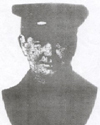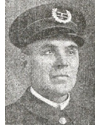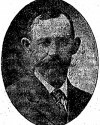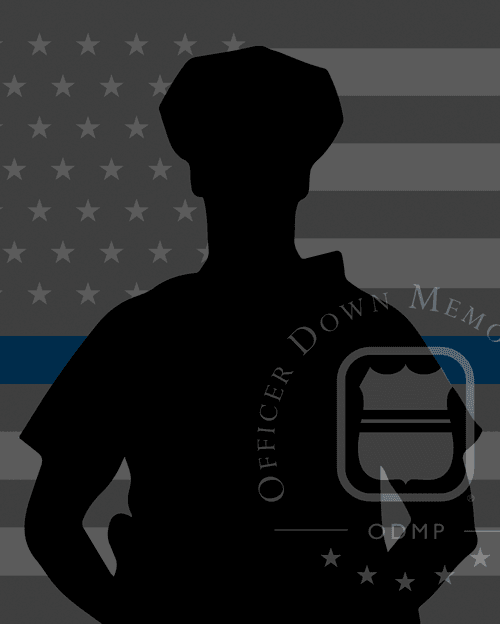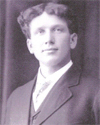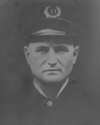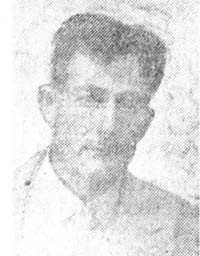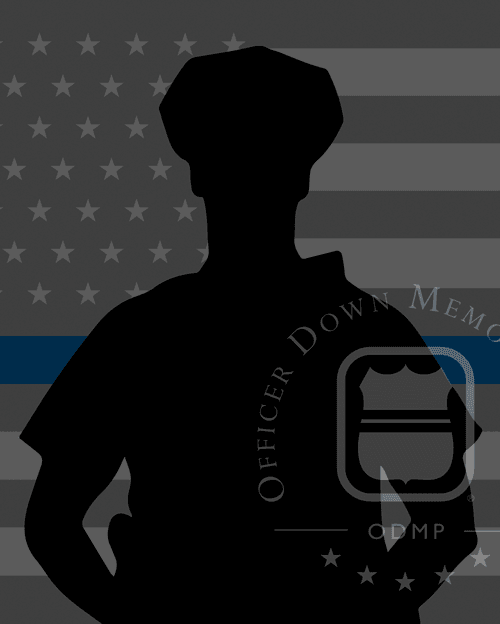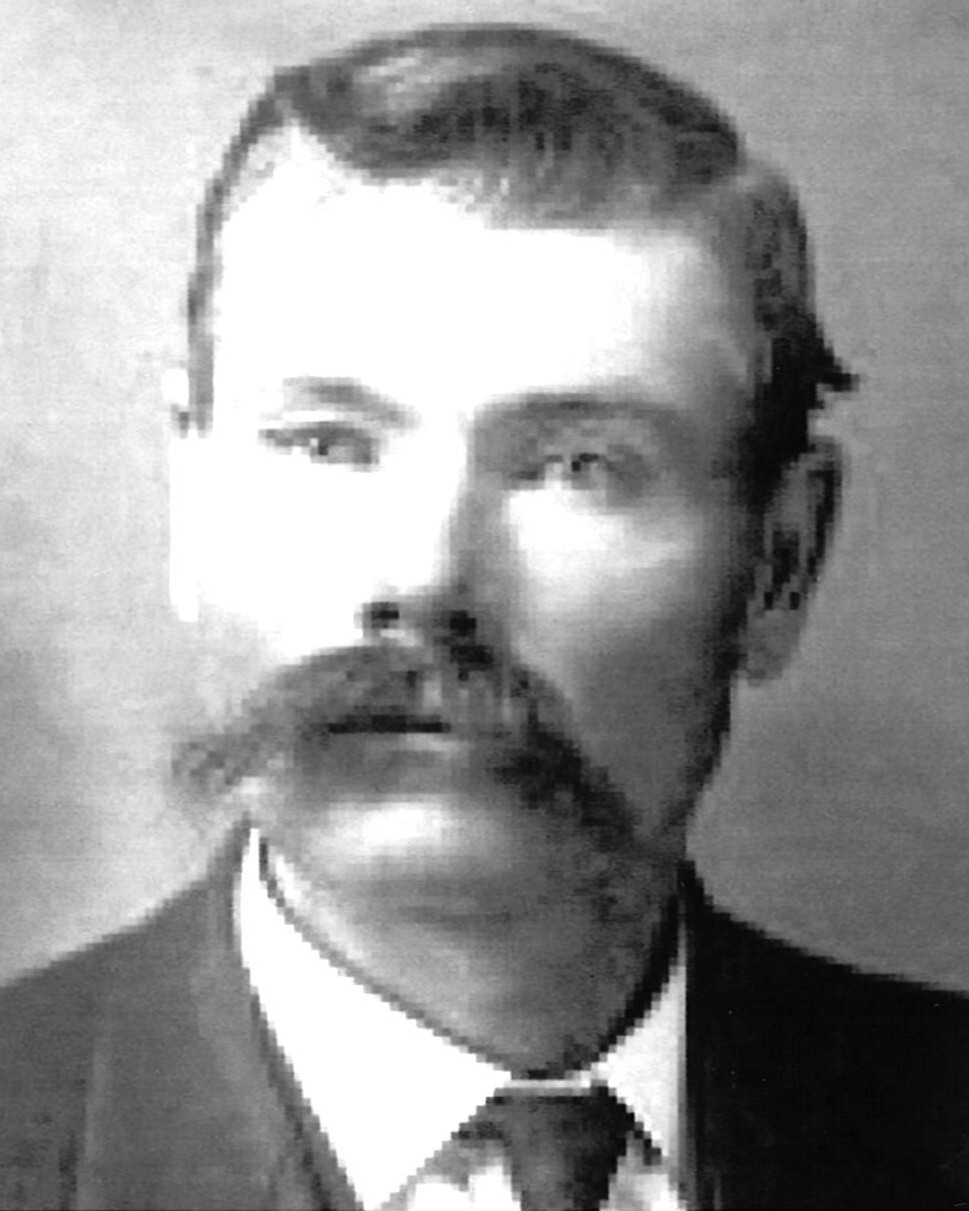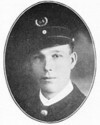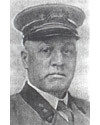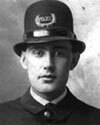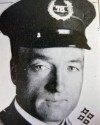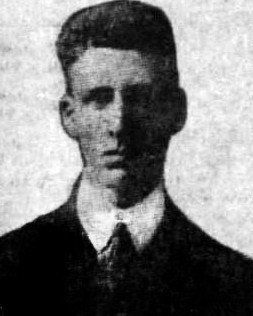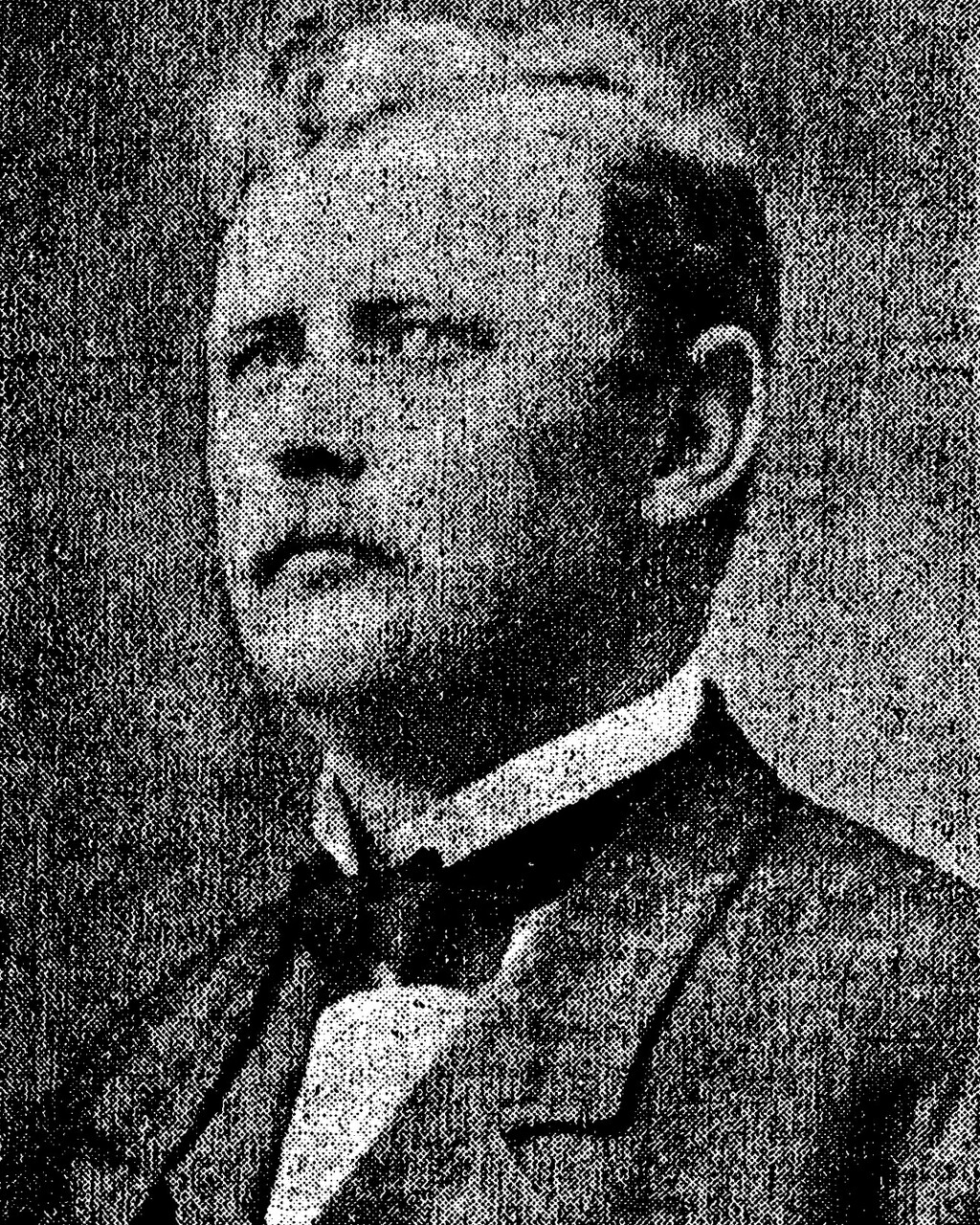
Deputy Sheriff Clarence Woolman
Pottawattamie County Sheriff's Office, IA
EOW: Saturday, March 25, 1911
Deputy Sheriff Clarence Woolman was shot and killed by a prisoner in the Kirkwood Hotel, at 400 Walnut Street, in Des Moines, Iowa.
He was transporting the prisoner to the State Hospital for Inebriates, in Knoxville, and had stopped in Des Moines for the night. As Deputy Woolman slept in a hotel bedroom his prisoner took his gun from his pocket and shot him three times. The prisoner then walked to a saloon at 3rd and Court Avenue and shot and killed the bartender.
The prisoner was the former police surgeon for the Council Bluffs Police Department.
The man was found not guilty by reason of insanity and sent to a mental hospital. On January 9th, 1915, he was declared sane and released.
Deputy Woolman had served with the Pottawattamie County Sheriff's Office for seven years. He was survived by his wife and five children.
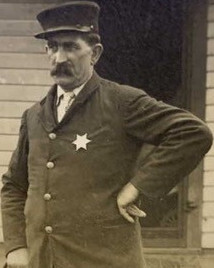
Town Marshal Joseph Kaschmitter
Alton Marshal's Office, IA
EOW: Monday,
March 27, 1911
Town Marshal Joseph Kaschmitter was shot and mortally wounded as he was walking near the depot at approximately 2:00 am.
Marshal Kaschmitter encountered two men who covered him with their revolvers and ordered him to throw up his hands. He obeyed and, at the same time, said, "I am the town marshal." At this, both men opened fire, the bullets entering his chest and stomach. As the suspects fled, Marshal Kaschmitter drew his revolver and fired several times.
Citizens attracted to the scene carried Marshal Kaschmitter to the home of a local doctor where he died two days later. A posse failed to locate the suspects.
Marshal Kaschmitter had served with the Alton Marshal's Office for seven years. He was survived by his wife and nine children.
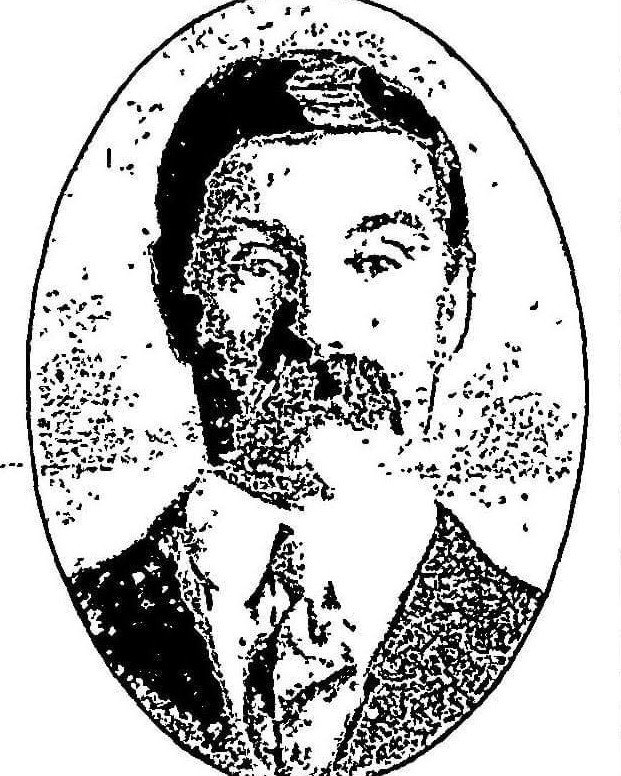
Town Marshal James W. Busby
Paton Marshal's Office, IA
EOW: Sunday,
May 7, 1911
Town Marshal James Busby was shot and killed as he attempted to apprehend two men who had blown the safe inside the Paton Post Office minutes earlier.
Marshal Busby and several armed citizens chased the suspects into a nearby schoolhouse. As they ran through the door, one of the suspects turned and shot Marshal Busby as he entered behind them. In a gun battle that followed, the citizens killed one suspect and severely wounded the other.
The wounded suspect was charged with first-degree murder. On November 4th, 1911, he was found guilty of manslaughter after his attorney convinced the jury that his accomplice shot Marshal Busby.
